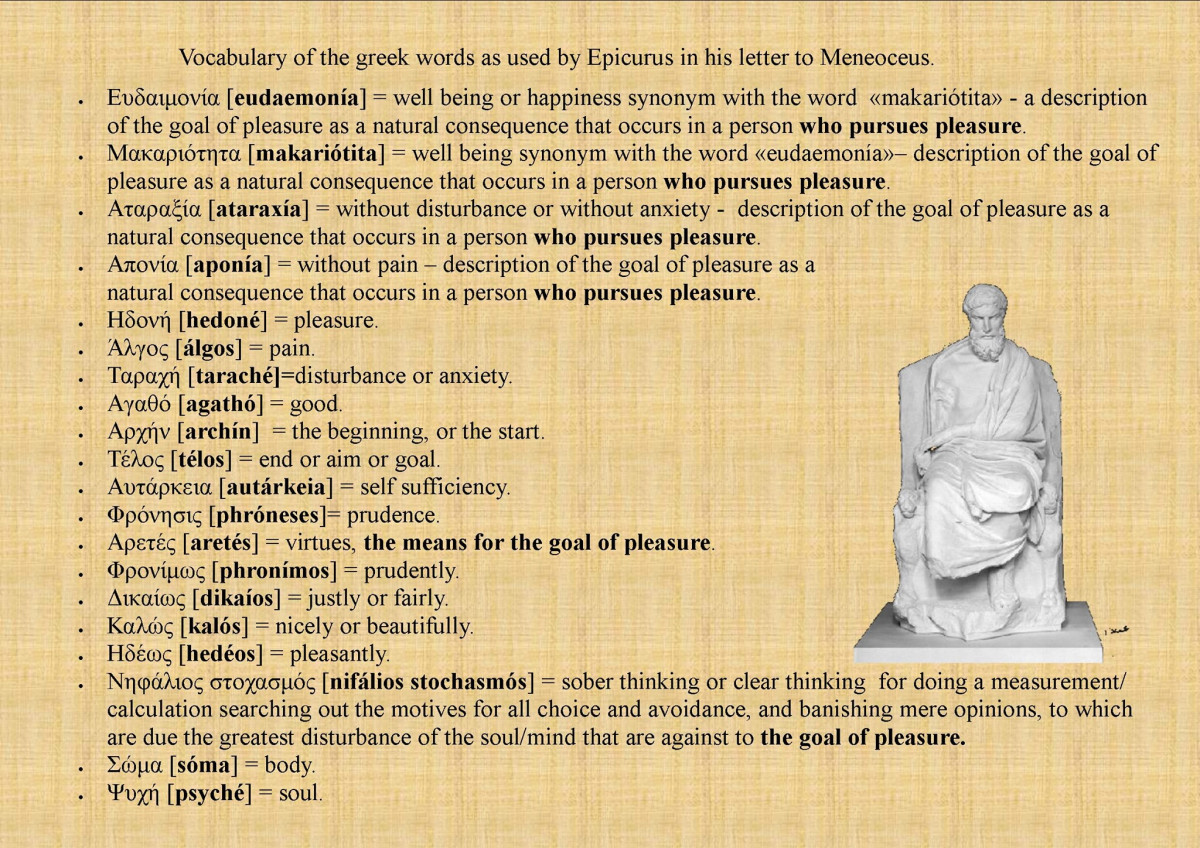Aside: Ok in the "there he goes again" department ![]() After finding the Konstan book, what do I look for and find, happily, to be a major indication of Konstan perhaps being on the same wavelength (as far as I remember I have not read any Konstan before)?
After finding the Konstan book, what do I look for and find, happily, to be a major indication of Konstan perhaps being on the same wavelength (as far as I remember I have not read any Konstan before)?
Unlike what appears to be the modern trend,Konstan includes several approving references to DEWITT! ![]()



